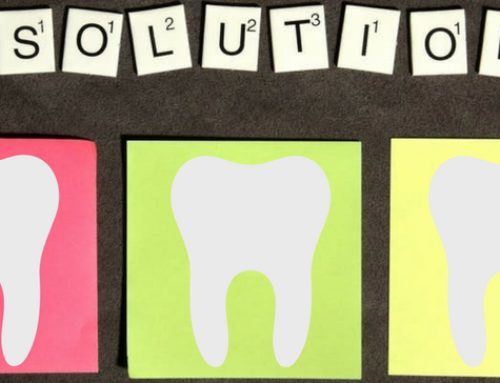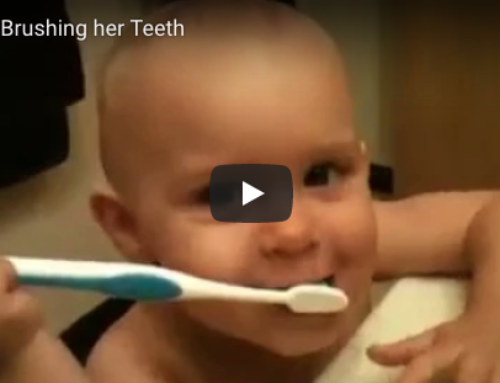 Are the sweet treats that we associate with holidays like Easter, Halloween, Valentine’s Day in the winter holiday season really that bad?
Are the sweet treats that we associate with holidays like Easter, Halloween, Valentine’s Day in the winter holiday season really that bad?
And should you deny your Valentine that heart-shaped box of chocolates, conversation hearts or, my favorite, cinnamon red hots?
What sweet treats do to your teeth
It’s not the sugar alone that causes the trouble with your teeth. The bacteria that compose the plaque on your teeth feed on these sugars. Yes, plaque is a film of bacteria that grows on your teeth. The byproduct of the bacteria metabolizing the sugar is an acid. You can think of it as bacterial excrement. (Doesn’t that make you want to brush and floss right now?) This acid dissolves the mineral component out of the enamel on your teeth causing it to break down and cavities to form over time. This process is called demineralization.
The more plaque you have on your teeth, the more acid is produced when sugar is introduced into your oral environment. As the graph below shows plaque produces acid for about 20 minutes after a single bite of something sweet. This means that it’s not necessarily how much sugar you eat but how often you eat it. That is to say that if you have five bonbons in a short period of time with clean teeth and rinse with water afterwards you might be all right as the harmful acids will not have too much time to do their dirty work. However, if you eat those five bonbons over an extended period time and your teeth are not clean you will put yourself at a much higher risk of developing cavities as the acid in your mouth persists for a longer period of time causing more demineralization of the enamel. 
For the love of saliva
The frequency of sugar intake is not the only factor that influences your susceptibility to decay. Saliva is very important in diluting and buffering the acids released by bacterial plaque in the presence of sugars and other fermentable carbohydrates. Saliva also acts as a reservoir for minerals which can help to remineralize teeth that have suffered from the acid attack. A reduction in the production of saliva is common in older people. It can also be caused as a side effect of many commonly taken prescription medicines. It’s important that you provide a list of any medicines that you take to your dentist or hygienist so that these medicines can be identified and you can be counseled on how to reduce the dry mouth and the harmful effects that dry mouth can cause.
Fluoride to the rescue
 Fluoride has an important role in preventing tooth decay. It works mainly by slowing down the process of demineralization in the enamel when it is exposed to the acid following ingestion of food and drinks which contain sugar. Fluoride also helps to remineralize tooth enamel which has early stages of calcium and phosphate loss thereby arresting the decay process. Fluoride is delivered directly to the teeth by toothpaste and rinses and by special formulations that are applied directly to your teeth by your dentist or hygienist. We encourage the use of and prescribe systemic fluoride tablets for children whose teeth are still developing. The dosage of the fluoride is regulated to account for fluoride which the children may already be receiving in their water supply, in the foods they eat, and through fluoride programs administered by schools.
Fluoride has an important role in preventing tooth decay. It works mainly by slowing down the process of demineralization in the enamel when it is exposed to the acid following ingestion of food and drinks which contain sugar. Fluoride also helps to remineralize tooth enamel which has early stages of calcium and phosphate loss thereby arresting the decay process. Fluoride is delivered directly to the teeth by toothpaste and rinses and by special formulations that are applied directly to your teeth by your dentist or hygienist. We encourage the use of and prescribe systemic fluoride tablets for children whose teeth are still developing. The dosage of the fluoride is regulated to account for fluoride which the children may already be receiving in their water supply, in the foods they eat, and through fluoride programs administered by schools.
So ignoring the role sugar plays in other health problems such as obesity, diabetes and as recent studies may indicate Alzheimer’s disease, go ahead and enjoy your Valentine’s Day treat. But remember: moderation, clean teeth, no grazing, and fluoride may help you from developing tooth decay.
Maybe stick to roses this year?
Happy Valentines Day!






